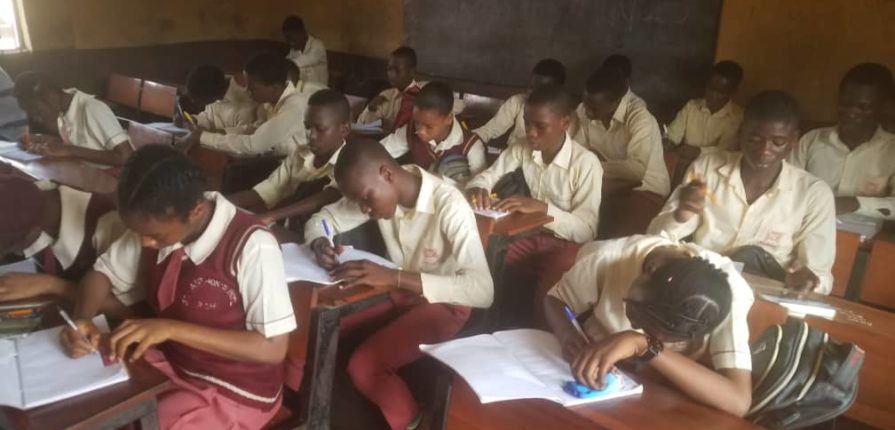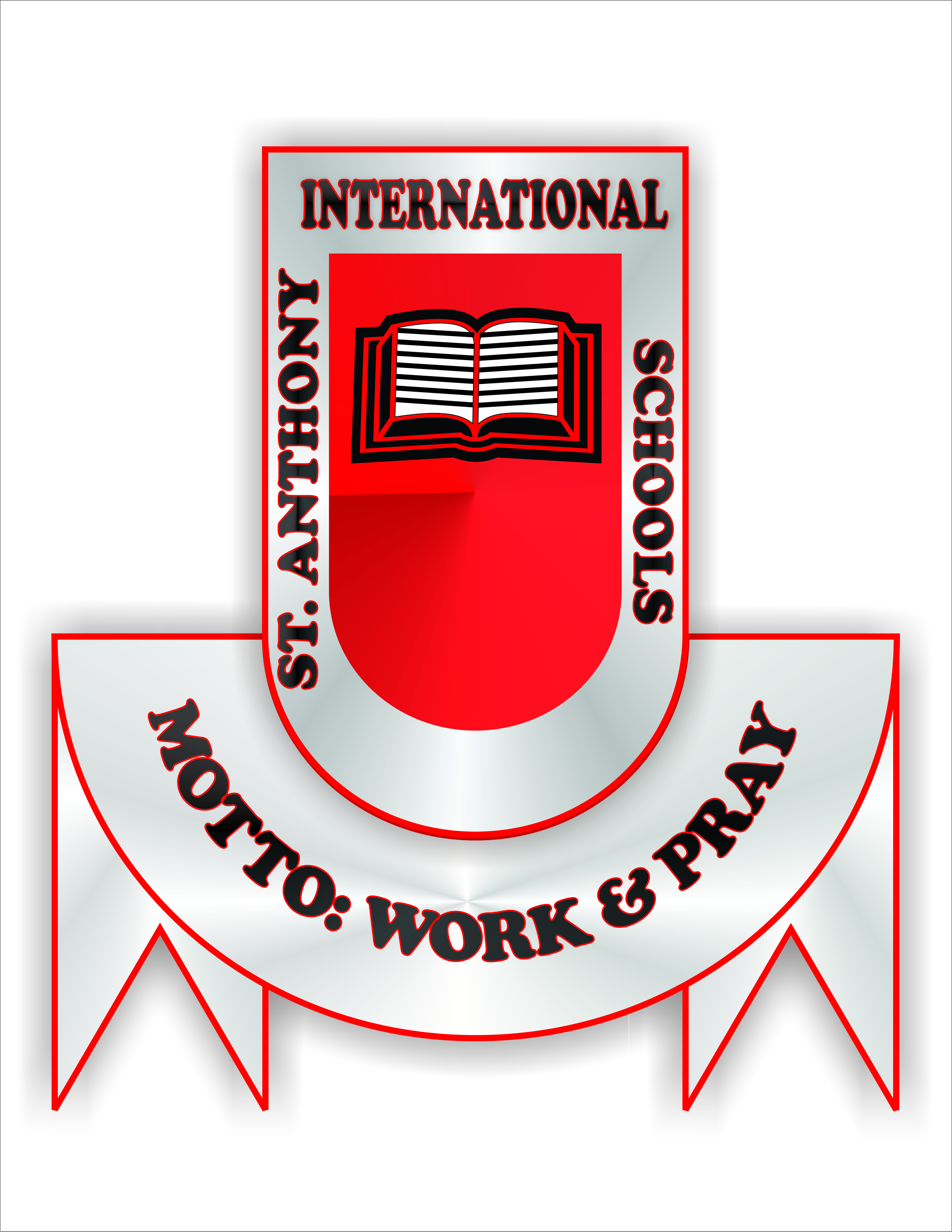Preparing students for exams is a significant part of teaching, but it is often the bane of a teacher’s life. It can be a very stressful time for both teacher and class, and getting the most out of the students can be tough. A few considerations can help a lot, though, turning an exam preparation course into a constructive and worthwhile process..
- Be aware of the problems and positives of teaching an exam preparation class.
The first thing to consider is that a teacher needs to be aware of the mood of their students. There are several problems associated with the lead-up to an exam. Firstly, it can be a stressful situation for both the students and the teacher. Exam preparation classes can also become very boring. The material is often dull and there is a lot of repetition.
This can have a negative impact on the motivation of your students, as can poor results in practice tests. Having said that, there are also positives. Students may well be more motivated in exam classes, whilst having a common aim helps to keep students on track, as does the structure itself. If conducted correctly, exam preparation classes should challenge the students and help to boost their confidence as they become more adept at tackling the kind of tasks set in the exam.
- Plan ahead!
One of the main reasons why students and teachers start to feel pressure is because of the time factor — not just in the exam itself, but also in the course leading up to it. Having an organised schedule which covers all of the course, with revision sessions equally spaced out, helps to avoid cramming everything into a short space of time immediately before the exam.
It also allows for a greater variety of material and activities in your lessons, which not only keeps the students interested, but also helps them to retain more information. Having a clear course structure also makes it easier to set goals at different stages for both individuals and the class as a whole. This will aid in focusing the students and helps them to work on their weak points. It also boosts motivation, as students can see their progression as the course continues.
- Make the content of the exam clear to students.
For some teachers, exam preparation entails endless revision of past papers. This does have its uses; the students will gain familiarity with the content of the exam, as well as associated time constraints.
It is vitally important that students are familiar with both the structure and aims of the exam they are sitting. They need to know not only what tasks the test includes, but also what is expected of them for each part. Having students mark each other’s papers can help them to understand what the examiner is looking for, whilst giving them time to discuss the questions in groups reinforces this and allows them to pool ideas on how they would deal with the task.
- Use a variety of activities.
However, besides being time consuming, an over-reliance on past papers can be extremely repetitive and dull. As a result, students can become demotivated and lose their focus, so it pays to provide a bit of variety in order to keep things interesting. Different activities such as quizzes, group discussions or running dictations can be used as substitutes for sections of the exam. By doing this, a particular part of the exam (and related skill set) can be isolated and highlighted. This allows students to view a specific problem in greater detail rather than getting distracted by other questions, as is often the case when the students practice the test as a whole. If the activity itself is interesting, then students will also be much more engaged than they would with a past paper and will retain more information.
- Teach the students exam techniques.
In order to do well on exams, students need to know a set of relevant exam techniques that they can use to succeed. Whether a task involves answering multiple choice questions or scanning a text for key information, there will be techniques that students can utilise to help them. Whether its saving on time or using certain clues to help answer a question, these techniques can really boost a class’s scores.
Students also need to know and understand the meanings of any key question words that they will come across, such as ‘describe’ and ‘compare.’ Doing even a little work on this can save on a lot of marks lost due to students answering a question in the wrong way. Conducting a mock exam each week (or more often) before the real thing is a good way of checking that students have taken on board what you’ve taught them. It also gets them used to working under the pressure of exam conditions and highlights any weaknesses that they may have. The last few days before the exam can then be used for trouble shooting any outstanding problems.
- Give the students study advice.
Hopefully, your students will be studying what they’ve learnt in class in their own time. It is important for the teacher, then, to help students to make the most of any time they spend revising. Many students won’t know, or will have forgotten, how to study efficiently. Teachers can help by going over some basic advice such as making a study schedule, using flashcards to remember vocabulary or terms, or taking a ten minute break every hour.
Encouraging students to highlight errors that they make in class is also useful, as it shows them their weaknesses and what they need to work on. Similarly, homework can be tailored to focus on a student’s weak points, whether it’s remembering certain references, historical dates, or the structure involved in writing a formal letter. This will not only let students practice key aspects of the test, but also improve their confidence.
- Don’t panic!
Lastly, perhaps the most important piece of advice is simple: Don’t panic! As long as you have established a solid course structure and have a pool of activities and exam techniques to share with the students, you can’t go wrong. If you do need further assistance, the internet has plenty of useful material, some of which is included in the links below. You can also get advice and resources from text books and colleagues.

